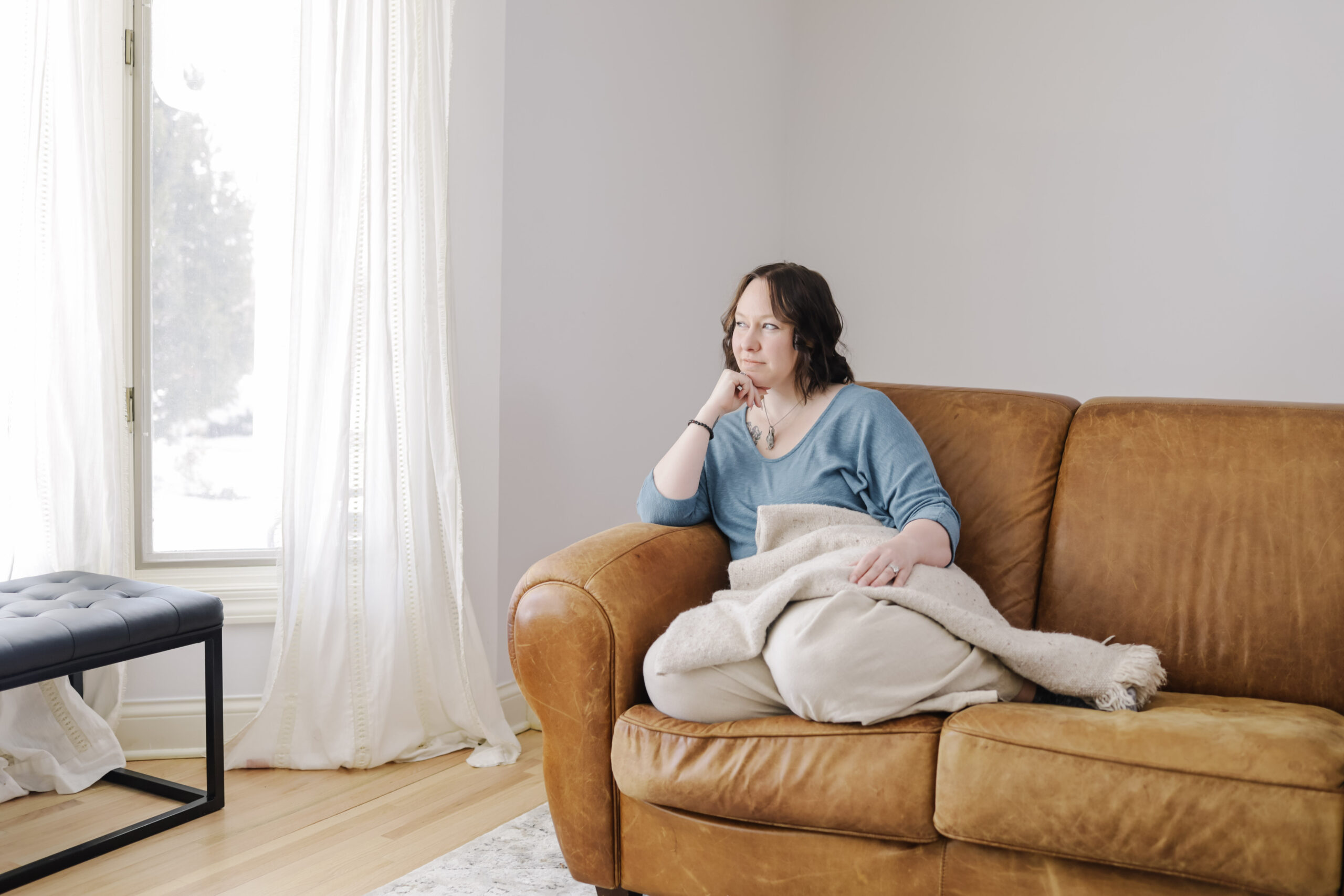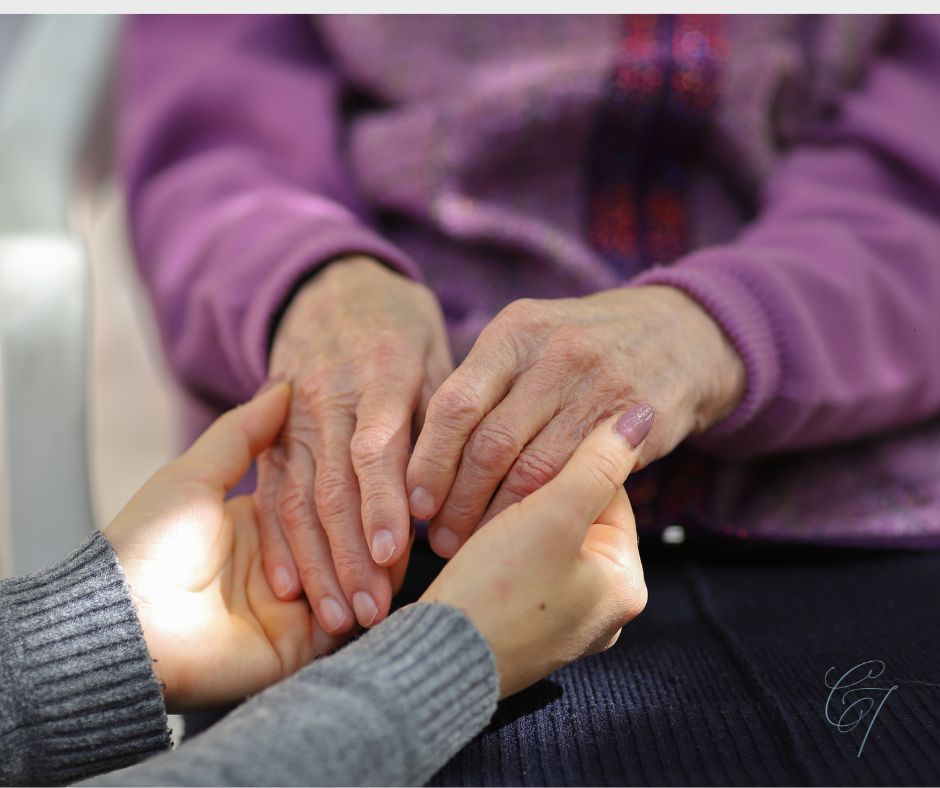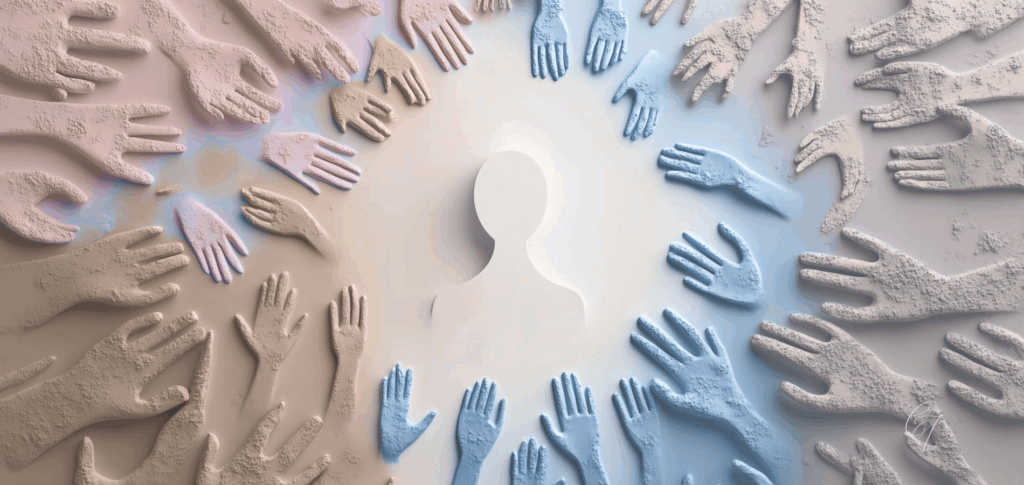I’m Back! What’s New at Compassionate Transitions?

Hey there, friends. It’s been a while, hasn’t it?
If you’ve been wondering where I’ve been or what’s been happening here at Compassionate Transitions, I’m excited to finally sit down and catch you up. The truth is, I’ve been on quite a journey, one that’s brought some incredible changes to how we support families through life’s most challenging moments.
A Little Personal Update First
Let me start with the big news: I’m just months away from completing my Master of Science in Thanatology. Yeah, I know: that’s a mouthful of a word, right? Thanatology is essentially the study of death, dying, and grief. It sounds heavy, but honestly, it’s been one of the most enlightening experiences of my life.
This degree has deepened everything I thought I knew about end-of-life care services and grief support. I’ve studied loss across different cultures, explored how our Western attitudes toward death developed, and learned evidence-based approaches to helping families navigate some of their hardest days.
But here’s what really gets me excited: all this education hasn’t just made me better at what I do: it’s shown me how much more we can offer families who need support.
So, What’s Actually New?
When I started Compassionate Transitions, I focused primarily on being an end-of-life doula. And don’t get me wrong: that’s still at the heart of everything we do. But through my studies and working with families, I’ve realized that truly comprehensive end-of-life care services need to address gaps that even the best hospice programs can’t fill.
Expanded Advocacy Services
Let’s talk about something that happens way too often: families feeling lost in the healthcare system. You know that moment when you’re sitting in a hospital room or care facility, and everyone’s talking about your loved one but not really to them? Or when medical decisions feel rushed and you’re not sure what questions to ask?
That’s where our enhanced advocacy services come in. I’ve expanded this part of our practice because I’ve seen too many families wish they’d had someone in their corner: someone who understands both the medical landscape and the human side of what they’re going through.
We’re not replacing your medical team (they’re the experts in treatment), but we’re making sure your values, wishes, and concerns are heard and respected throughout the process.
Deeper Emotional and Spiritual Support
Here’s something I learned in my Thanatology studies: grief doesn’t start when someone dies. It often begins the moment we receive a terminal diagnosis, sometimes even earlier. And our current healthcare system, as wonderful as it can be, doesn’t always have time to sit with those big, scary emotions.

Our emotional support services now include:
- Anticipatory grief counseling – helping you process the complex emotions that come with knowing you’re losing someone
- Family communication facilitation – because sometimes the hardest conversations are with the people we love most
- Spiritual exploration (non-denominational) – for those moments when you’re wrestling with life’s biggest questions
- Legacy project guidance – creating meaningful ways to honor and remember your person
This isn’t therapy in the clinical sense, but it’s deep, compassionate support during a time when you need it most.
The 95% That Hospice Can’t Cover
Let me paint you a picture. Hospice provides incredible medical care and support: but they’re typically in your home for maybe 1-2 hours a day, a few days a week. That’s roughly 5% of the time during those final weeks and months.
What about the other 95%?
That’s where end-of-life care services like ours become invaluable. We’re there for the 2 AM moments when anxiety kicks in. We help with the practical stuff that nobody thinks to explain: like what to actually expect as someone is dying, or how to create a peaceful environment, or what to do with all those overwhelming decisions that keep piling up.
A More Holistic Approach to End-of-Life Care
Through my studies, I’ve come to understand that truly supportive end-of-life care services need to address the whole person and the whole family. Not just the medical needs, but the emotional, spiritual, practical, and relational aspects too.
Think about it this way: when someone is dying, families are dealing with:
- Medical complexity (that’s primarily hospice’s wheelhouse)
- Emotional overwhelm (grief, fear, anticipatory loss)
- Practical concerns (legal documents, family dynamics, logistics)
- Spiritual questions (meaning, legacy, what comes next)
- Relationship healing (difficult conversations, forgiveness, closure)
Traditional healthcare addresses the first point beautifully. But the other four? That’s where families often feel most alone and unprepared.
What This Looks Like in Practice
Maybe you’re caring for a parent with dementia, and you need help navigating not just their medical needs, but also the emotional complexity of watching them slip away gradually. We’re here for both.
Or perhaps your family is facing a terminal diagnosis, and everyone’s processing it differently: some wanting to talk openly, others avoiding the topic entirely. We can help facilitate those conversations and support each family member where they are.
Sometimes it’s as simple as helping you understand what questions to ask at medical appointments, or as complex as guiding you through creating a meaningful vigil experience.
Why This Matters More Than Ever
Here’s what I’ve learned both through my studies and through working with families: we live in a death-avoidant culture, and it’s making one of life’s most universal experiences unnecessarily traumatic.
Most of us will face the death of someone close to us with little to no preparation. We don’t talk about it, we don’t plan for it, and when it happens, we’re often caught completely off guard: not just emotionally, but practically too.
My expanded end-of-life care services are designed to change that. To provide education, support, and guidance so that when these moments come (and they will come for all of us), families feel more prepared and less alone.
What Hasn’t Changed
Before I get too carried away talking about what’s new, let me reassure you about what remains exactly the same: our core values and approach.
We still believe that every person deserves dignity, choice, and compassion in their final chapter. We still work alongside your existing healthcare team, never replacing them. And we still tailor our support to what you need, not what we think you should need.
The heart of what we do: providing non-medical, deeply human support during life’s most challenging transitions: that’s unchanged. We’ve just gotten better at it and expanded our ability to meet families wherever they are in their journey.
Looking Ahead
As I finish up my Master’s program and continue to grow Compassionate Transitions, I’m more committed than ever to filling the gaps in our current approach to end-of-life care. There’s so much more I want to share with our community: about reducing death anxiety, improving family communication, and creating more peaceful experiences for everyone involved.
In fact, I’m planning an interactive community workshop early next year where we’ll explore some of these topics together. Because here’s what I truly believe: the more we can normalize conversations about death and dying, the less scary and overwhelming these experiences become.
Let’s Stay Connected
If you’ve made it this far, thank you. Thank you for being part of our community, for caring about these important conversations, and for trusting us with your hardest moments.

Whether you’re currently facing end-of-life issues with a loved one, or you’re someone who just wants to be better prepared for whatever life brings, know that we’re here. Our enhanced end-of-life care services are designed to support you exactly where you are, with exactly what you need.
Feel free to reach out if you have questions about any of these new offerings, or if you just want to chat about what’s going on in your world. After all, that’s what we’re here for: to make sure no one has to navigate these experiences alone.
Welcome back, indeed. I’m excited for what’s ahead.
With love and gratitude,
Beth
November 21, 2025
- Laurie J.
The additional grief doula training Beth has completed makes her service unique, as she is able to offer additional insight and support for families as they move through bereavement. As a fellow end-of-life doula, I endorse the care that Beth provides, and refer to her patients I’m unable to accommodate. Compassion, firsthand experience, and her willingness to go above and beyond make Beth’s doula practice a great choice for any family.
testimonial
Beth’s background in caring for her mother at end of life gives her a unique perspective on not only the needs of the patient, but also the needs of the family.
As an End-of-Life Doula, I am not a medical professional and cannot and do not offer medical advice or care.
Based in Plymouth, Minnesota
@compassionatetransitions
You can view my profile on the Grief Support Center National Directory, a resource connecting people to grief support professionals nationwide, here: Grief Support Center Profile
COPYRIGHT 2023 COMPASSIONATE TRANSITIONS | BRANDING & WEBSITE BY THE MUG CREATIVE
PRIVACY POLICY